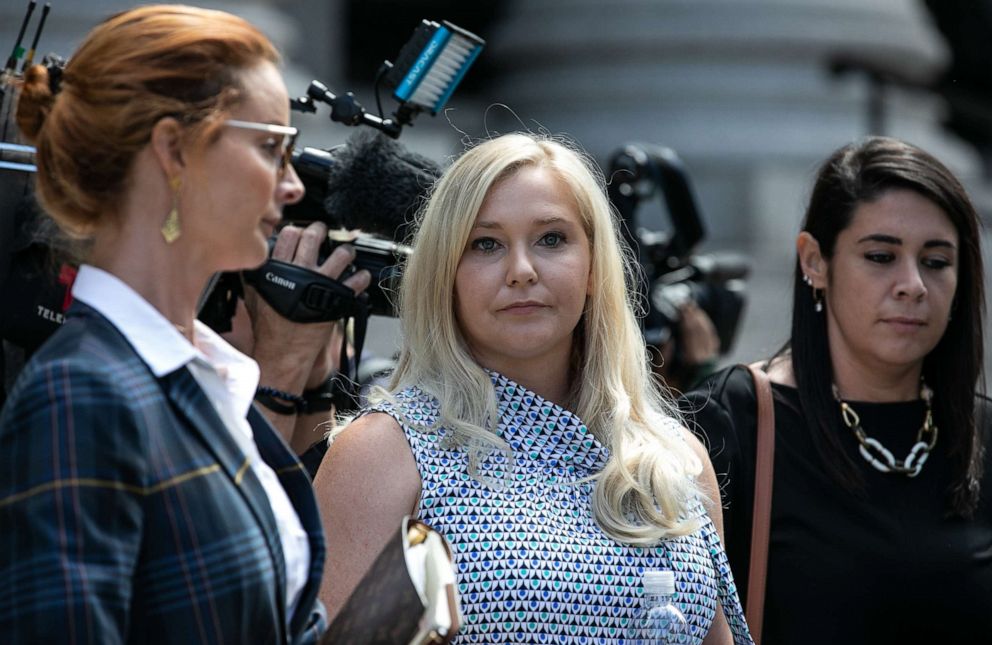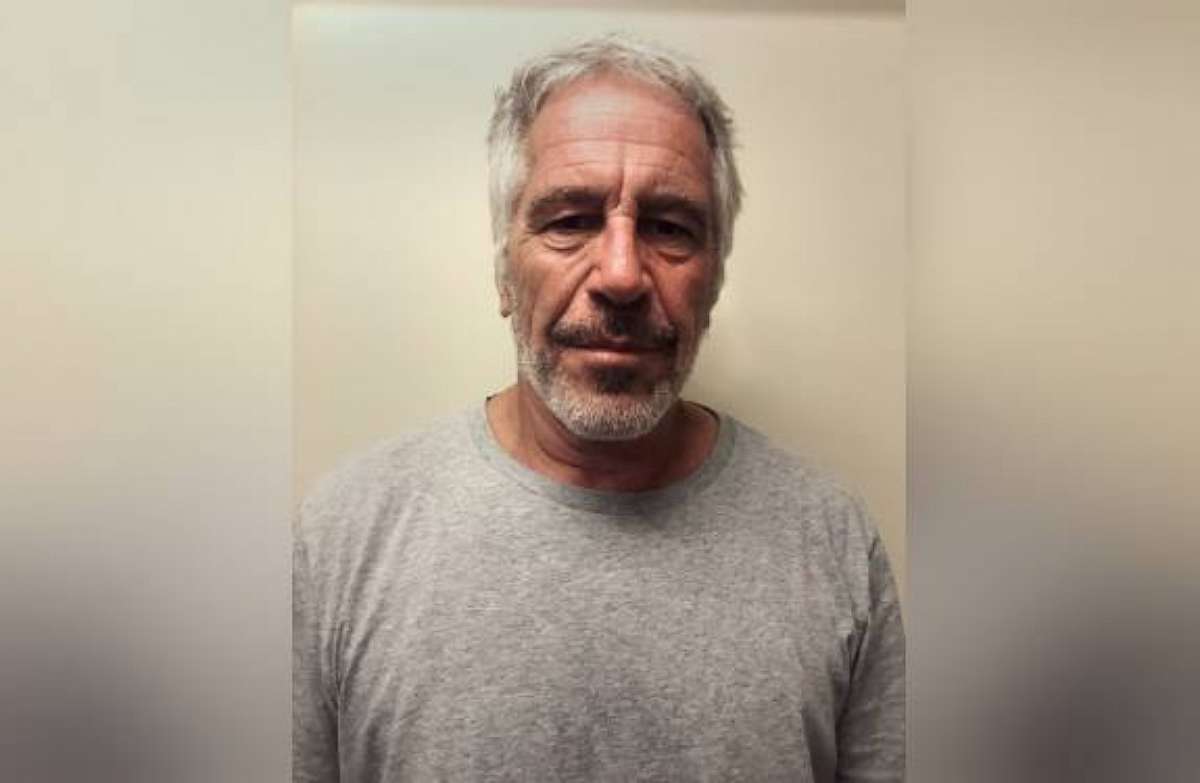Prince Andrew moves to dismiss lawsuit filed by Jeffrey Epstein victim
The document is a 2009 settlement between Jeffrey Epstein and Virginia Giuffre.
A document Prince Andrew claims should prevent him from being sued by an alleged victim of Jeffrey Epstein was unsealed Monday by a federal judge in New York.
The document, a 2009 settlement agreement between Epstein and Virginia Giuffre, had been under seal for two years as part of related litigation.

It indicates that Giuffre and Epstein agreed to end her lawsuit against him filed earlier that year for $500,000.
Giuffre, who claims she was sexually assaulted by both Epstein and Prince Andrew starting when she was 17, filed a civil lawsuit against the prince in August of 2021.
Prince Andrew has vehemently denied the allegations and said he never had sex with Giuffre and has sought to dismiss the lawsuit, on several grounds, including claims that Giuffre has told various inconsistent stories.
Prince Andrew’s attorneys have also argued the settlement agreement precludes Giuffre from suing the royal because it covers “potential defendants” from all legal actions taken by Giuffre.
Whether that argument will be successful depends on the definition of the agreement’s intended beneficiaries.

According to Giuffre's 2009 lawsuit, which she filed as “Jane Doe 102,” she alleged that she was required to have sexual contact with Epstein and Ghislaine Maxwell and also several of their adult male friends and associates, "including royalty, politicians, academicians, businessmen, and/or other professional and personal acquaintances."
The inclusion of the word “royalty” is, in the view of the prince’s attorneys, a clear reference to Prince Andrew, which, they argue, would make him, in effect one of the “potential defendants’ covered by the settlement agreement and is evidence that Giuffre and Epstein intended to released the prince from any future liability.
Giuffre’s lawyer argues the royal was not named in the agreement and could not be released as a beneficiary of the settlement, which defines “second parties” as Epstein’s “agent(s), attorney(s), predecessor(s), successor(s), heir(s), administrator(s), assign(s) and/or employee (s).” That would not appear to qualify Prince Andrew.
On the other hand, the agreement does “forever discharge the said Second Parties and any other person or entity who could have been included as a potential defendant from all, and all manner of, action and actions of Virginia Roberts,” which the prince argues does apply to him as Giuffre had previously claimed, though he continues to deny wrongdoing and that he was one of the perpetrators.
There is a hearing on the prince's motion to dismiss via video conference Tuesday.
Epstein was a prominent financier and registered sex offender. He died by suicide in a Manhattan federal jail in August 2019 while he awaited trial on federal charges for the sex trafficking on minors in Florida and New York.
Maxwell, Epstein’s former girlfriend and associate, was convicted on Dec. 29 on five of six counts related to the abuse and trafficking of underaged girls. Giuffre did not testify in the case, but the government argued she was a victim of an alleged conspiracy to sex traffic individuals under 18.
Maxwell's sentencing date has not yet been set and she faces decades in prison.




